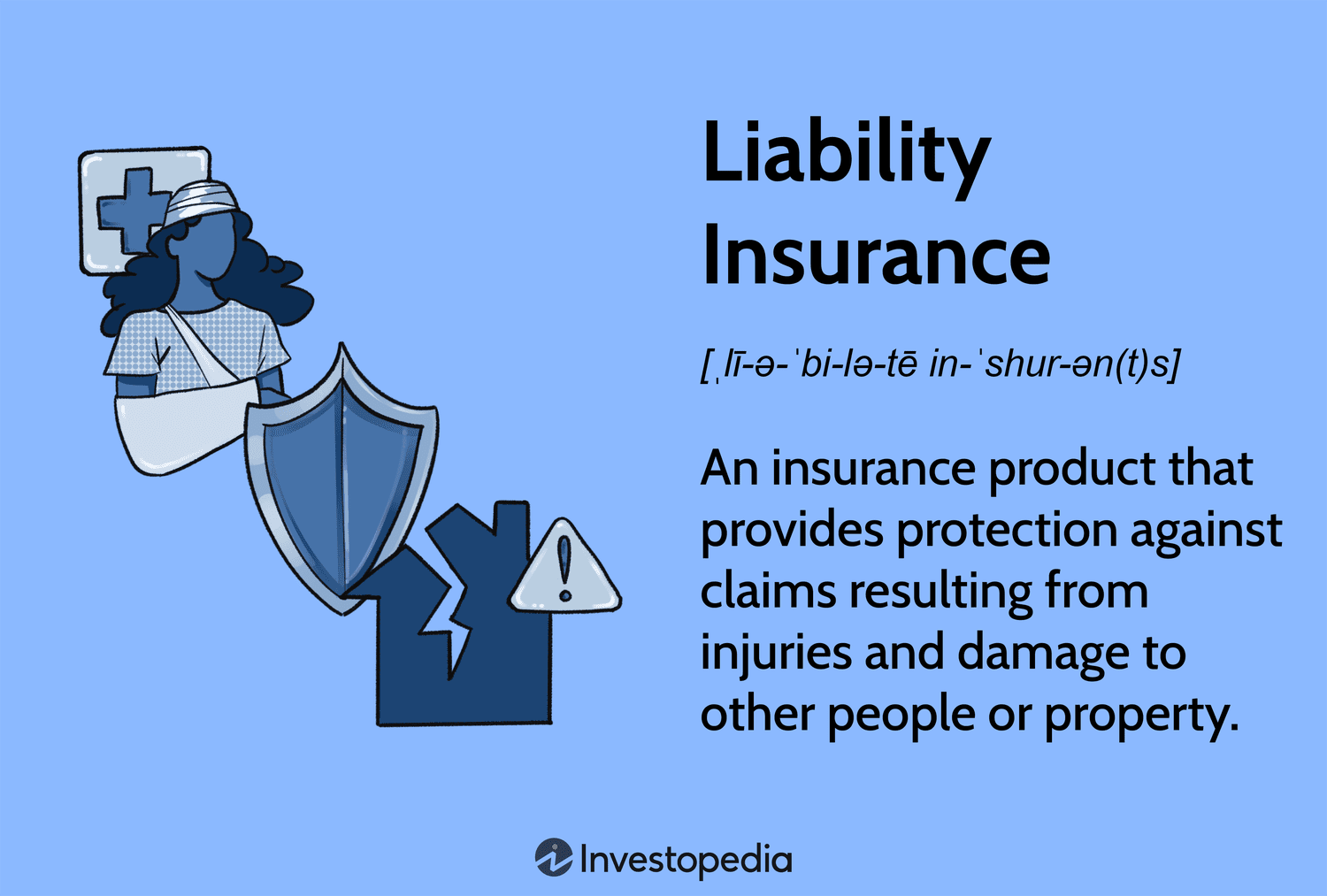Introduction
In an era where health is wealth, Best Health Insurance In USA Cost securing the best health insurance in the USA has become paramount. Navigating the intricate landscape of healthcare plans and their costs can be perplexing. Best Health Insurance In USA Cost This article aims to unravel the complexities and provide insights into finding the most suitable and cost-effective health insurance in the United States.
Understanding the Basics
Best Health Insurance In USA Cost
- The Importance of Health Insurance Best Health Insurance In USA Cost
Health insurance is not just a safety net; it’s a necessity. It ensures that you have access to quality healthcare without the burden of exorbitant medical bills. - Types of Health Insurance Plans
There are various types of health insurance plans, including Health Maintenance Organizations (HMOs), Preferred Provider Organizations (PPOs), and Point of Service (POS) plans. Each has its own cost structure and benefits. - Premiums and Deductibles
Understanding the relationship between premiums (monthly payments) and deductibles (out-of-pocket expenses) is crucial in determining the overall cost of your health insurance.
Factors Influencing Health Insurance Costs
- Age and Health Best Health Insurance In USA Cost
Your age and current health status play a significant role in determining your insurance premiums. Generally, younger and healthier individuals pay lower premiums. - Coverage Needs
Consider your specific healthcare needs when choosing a plan. If you have pre-existing conditions or require frequent medical attention, a more comprehensive plan may be cost-effective in the long run. - Network of Providers
The choice of healthcare providers within your plan’s network can impact costs. Staying in-network often results in lower out-of-pocket expenses.
Comparing Health Insurance Plans
- Online Tools and Resources
Leverage online tools and resources provided by insurance companies to compare different plans based on cost, coverage, and network of providers. - Consult an Insurance Agent
Insurance agents can provide personalized guidance and help you navigate the complexities of health insurance plans, ensuring you find the best fit for your budget.
Saving on Health Insurance Costs
- Utilizing Preventive Services Best Health Insurance In USA Cost
Many health insurance plans offer free preventive services such as vaccinations and screenings. Taking advantage of these services can reduce long-term healthcare costs. - Health Savings Accounts (HSAs)
Consider opening an HSA to save money on medical expenses. Contributions are tax-deductible, and funds can be used for qualified medical expenses.
Exploring Additional Coverage Options
- Medicaid and CHIP Best Health Insurance In USA Cost
Medicaid and the Children’s Health Insurance Program (CHIP) are government programs that provide free or low-cost health coverage to eligible individuals and families with limited income. If you meet the income requirements, these programs can be a cost-effective way to ensure access to essential healthcare services. - Short-Term Health Insurance
Short-term health insurance plans offer coverage for a limited duration, typically up to 12 months. While they may have lower premiums, they often come with limited benefits and may not cover pre-existing conditions. Consider short-term plans as a temporary solution.
Staying Informed and Adapting
- Annual Review of Your Plan Best Health Insurance In USA Cost
Health insurance plans can change from year to year. It’s essential to review your plan annually during the open enrollment period to ensure it still meets your needs and budget. Don’t assume that last year’s plan is still the best choice. - Life Changes and Special Enrollment
Certain life events, such as marriage, divorce, or the birth of a child, can qualify you for a special enrollment period. If your circumstances change, be sure to explore your options and adjust your coverage accordingly.
Seeking Professional Advice
- Consult a Financial Advisor
If you’re unsure about the financial aspects of health insurance, consider consulting a financial advisor. They can help you create a budget that includes healthcare costs and provide strategies for managing expenses.
In the complex world of health insurance in the USA, knowledge is your best ally. By staying informed, exploring all available options, and seeking professional advice when needed, you can make confident decisions about your healthcare coverage.
Remember that health insurance is not just an expense; it’s an investment in your well-being and peace of mind. By choosing the right plan for your needs and budget, you can ensure that you and your loved ones are protected in times of illness or injury.

Evaluating Plan Networks
- Specialist Availability
If you have ongoing medical conditions or anticipate needing specialized care, it’s essential to check if your preferred specialists and healthcare facilities are in-network. Out-of-network services can significantly increase your out-of-pocket costs. - Telehealth Services
In recent years, telehealth has become increasingly popular. Check if your health insurance plan offers telehealth services, as they can provide convenient and cost-effective access to healthcare professionals, especially for minor ailments and routine check-ups.
Prescription Drug Coverage
- Formulary Review
Review the plan’s drug formulary, which is a list of covered prescription medications. Ensure that the medications you currently take or may need in the future are included. Pay close attention to any tiered pricing, as this can affect your co-payment or co-insurance. - Mail-Order Options
Some insurance plans offer mail-order pharmacy services, which can be a cost-effective way to obtain maintenance medications. Consider this option if you require long-term prescription drugs.
Understanding Cost Sharing
- Co-Payments, Co-Insurance, and Deductibles
Dive into the details of cost-sharing. Co-payments are fixed amounts you pay for specific services, while co-insurance is a percentage of the cost you share with the insurance company. Deductibles are the initial out-of-pocket expenses you must cover before the insurance kicks in. Understanding these terms is crucial in estimating your healthcare expenses.
Preventive Care and Wellness Programs
- Wellness Incentives
Some health insurance plans offer wellness programs that reward healthy behaviors such as regular exercise or quitting smoking. These incentives can lead to cost savings or additional benefits, so inquire about them when selecting a plan.
Reviewing Customer Satisfaction
- Online Reviews and Ratings
Before finalizing your decision, research the insurance company’s customer satisfaction ratings and read online reviews. Customer feedback can provide valuable insights into the ease of claims processing, customer service quality, and overall satisfaction.
Finalizing Your Choice
- Consider Future Needs
While it’s crucial to choose a plan that meets your current needs, also think about your future healthcare requirements. Life can be unpredictable, so opt for a plan that can adapt to changes in your health and circumstances. - Seek Clarification
If you have any doubts or questions about the plan’s terms, coverage, or costs, don’t hesitate to contact the insurance company or a knowledgeable insurance agent for clarification. It’s better to have a clear understanding before you commit.
Navigating the Enrollment Process
- Open Enrollment Period
Most health insurance plans have an open enrollment period, typically occurring in the fall. During this time, you can sign up for or make changes to your health insurance coverage. Missing this window may limit your options, so mark your calendar and plan accordingly. - Employer-Sponsored Plans
If your employer offers health insurance benefits, carefully review the plans they provide. Often, employer-sponsored plans come with cost-sharing advantages, making them a cost-effective choice. Consult your HR department for plan details and enrollment procedures.
In Case of Emergencies
- Emergency Coverage
Understanding how your health insurance plan handles emergencies is crucial. Find out if there are specific hospitals or facilities you should visit in case of a medical crisis. Emergency room visits can be costly, so clarity on coverage is essential.
Utilizing Preventive Services
- Regular Check-Ups
Preventive care is a cornerstone of maintaining good health. Many health insurance plans cover annual check-ups, vaccinations, and screenings at no additional cost. Take advantage of these services to catch potential health issues early and reduce long-term expenses.
Staying Organized
- Document Your Health Expenses
Keeping detailed records of your healthcare expenses, including bills, receipts, and explanations of benefits (EOBs), can help you track your spending and ensure you receive the coverage you’re entitled to. - Review Your Plan Periodically
Your healthcare needs may change over time. Periodically review your health insurance plan to ensure it aligns with your current situation. This can help you avoid unnecessary expenses or gaps in coverage.
Seeking Additional Benefits
- Dental and Vision Coverage
While many health insurance plans provide basic dental and vision coverage, it’s essential to assess your specific needs. If you require extensive dental work or have vision concerns, you might consider supplemental dental and vision insurance for more comprehensive coverage. - Mental Health Services
Mental health is an integral part of overall well-being. Evaluate whether your chosen health insurance plan offers adequate coverage for mental health services, including therapy and counseling.
Maximizing Your Benefits
- Health and Wellness Programs
Some health insurance plans offer wellness programs that incentivize healthy behaviors such as exercise, smoking cessation, and weight management. Participating in these programs can lead to premium discounts and other benefits. - Preventive Care Reminders
Many insurance providers offer reminders and notifications for preventive care appointments and vaccinations. Staying up-to-date with these can prevent future health issues and reduce long-term costs.
Contemplating Long-Term Goals
- Retirement Considerations
If you’re planning for retirement, think about how your health insurance needs may change. Medicare becomes available at age 65, but you might need supplementary insurance to bridge any gaps in coverage. - Family Planning
If you’re starting or expanding your family, evaluate how the health insurance plan covers pregnancy, childbirth, and pediatric care. Family planning should align with your insurance choices.
Staying Informed About Changes
- Policy Updates
Healthcare policies and regulations can change. Stay informed about any updates that may affect your insurance coverage. Knowledge of these changes can help you adapt and make informed decisions.
Making a Decision
- Consult with Healthcare Providers
Discuss your health insurance options with your primary care physician and any specialists you see regularly. They can provide insights into which plans work best with their services and your specific healthcare needs. - Balance Cost and Coverage
Ultimately, the best health insurance plan strikes a balance between cost and coverage. While it’s essential to stay within your budget, don’t compromise on essential coverage to save money in the short term.
Final Thoughts
Choosing the best health insurance in the USA is a crucial decision that impacts your well-being and financial security. It’s a process that requires careful consideration of your unique circumstances, needs, and goals.
Community and Support
- Local Recommendations
Seek advice from friends, family members, or colleagues who have experience with health insurance plans. Local insights can be valuable, as healthcare networks and costs can vary by region. - Supportive Customer Service
Excellent customer service can make a significant difference in your overall experience with health insurance. Choose a provider known for responsive and helpful customer support to address any concerns or issues promptly.
Transparency and Understanding
- Read the Fine Print
Before signing up for any health insurance plan, carefully read the policy documents, terms, and conditions. Understand what is covered, what is excluded, and any limitations or restrictions that may apply. - Seek Clarification
Don’t hesitate to reach out to the insurance company’s customer service or your insurance agent if you have questions or need clarification about any aspect of your policy. Being well-informed is essential.
Emergency Preparedness
- Emergency Fund
While health insurance provides financial protection, it’s wise to have an emergency fund in place to cover unexpected medical expenses, deductibles, or out-of-network care in case of emergencies.
Regular Review
- Annual Check-In
Even after selecting your health insurance plan, it’s essential to conduct an annual check-in. Review your healthcare usage, any changes in your health status, and any updates to your insurance plan to ensure it remains the best fit.
Staying Informed
- Legislative Changes
Keep an eye on legislative changes related to healthcare. Laws and regulations can impact your health insurance options, so staying informed about any updates or reforms is crucial. - Consumer Feedback
Research consumer feedback and reviews about different health insurance providers. Learning about the experiences of others can provide valuable insights into the quality of service and satisfaction with the insurance company.
Budgeting Wisely
- Deductible Management
Consider setting aside funds in a dedicated account to cover your deductible. This can help you manage unexpected medical expenses and ensure you’re financially prepared for any healthcare needs. - Tax Considerations
Explore whether you are eligible for any tax deductions related to healthcare expenses. Depending on your income and circumstances, you may be able to reduce your tax liability.
Exploring Health and Wellness Programs
- Fitness and Wellness Discounts
Some health insurance plans offer discounts or incentives for gym memberships, fitness programs, or wellness activities. Taking advantage of these can promote a healthy lifestyle and reduce healthcare costs.
The Decision-Making Process
- Consultation with an Expert
If you find the process overwhelming, consider consulting with an insurance broker or financial advisor. They can provide personalized guidance based on your unique needs and budget.
Final Words
Choosing the best health insurance in the USA is a significant decision that requires thoughtful consideration. Your health and financial well-being depend on making an informed choice that aligns with your individual circumstances.

Advocating for Your Health
- Be Your Own Advocate
Take an active role in managing your health. Understand your policy, keep track of appointments and medications, and don’t hesitate to ask questions or seek second opinions when needed.
Long-Term Planning
- Retirement Health Coverage
As you plan for retirement, consider how your health insurance needs will change. Understand how Medicare works and what supplemental insurance you may require in your retirement years.
Emergency Preparedness
- Emergency Plan
In addition to health insurance, have a well-thought-out emergency plan in place. This includes knowing where the nearest emergency facilities are and having contact information for healthcare providers readily available.
Stay Informed
- Regular Updates
Stay up-to-date with healthcare news and advancements. Being informed about medical breakthroughs and changes in healthcare practices can help you make better decisions regarding your health and insurance.
Reflecting on Your Choice
- Periodic Reevaluation
Don’t view your choice of health insurance as permanent. Life circumstances change, and your healthcare needs may evolve. Periodically reassess your plan to ensure it continues to meet your requirements. - Flexibility and Adaptability
Choose a health insurance plan that offers flexibility. Life can be unpredictable, and having a plan that can adapt to unforeseen circumstances can provide invaluable peace of mind.
The Value of Health Insurance
- Protecting What Matters Most
Health insurance isn’t just a financial transaction; it’s a commitment to safeguarding your health and the well-being of your family. It ensures that when health challenges arise, you can focus on recovery without the added burden of overwhelming medical bills.
Final Thoughts
In a world where health is the ultimate wealth, choosing the best health insurance in the USA is a decision that deserves careful consideration. It’s about more than just numbers on a page; it’s about your health, your peace of mind, and your future.
Conclusion
In conclusion, finding the best health insurance in the USA is not just about cost; it’s about balancing cost with coverage. By understanding the basics, considering influencing factors, and comparing plans, you can make an informed decision that suits your needs and budget.
FAQ
- What is the average cost of health insurance in the USA?
The cost of health insurance varies widely depending on factors such as age, location, and coverage. On average, individuals can expect to pay around $440 per month for a mid-tier plan. - Are there subsidies available to lower health insurance costs?
Yes, the Affordable Care Act provides subsidies to eligible individuals and families to reduce the cost of health insurance premiums. - How can I lower my health insurance premiums?
You can lower your health insurance premiums by choosing a plan with a higher deductible, maintaining a healthy lifestyle, and exploring available discounts and subsidies. - Is it possible to switch health insurance plans mid-year?
In most cases, you can only switch health insurance plans during the open enrollment period, which typically occurs once a year. However, certain life events, such as marriage or the birth of a child, may qualify you for a special enrollment period. - What should I do if I can’t afford health insurance?
If you can’t afford health insurance, you may be eligible for Medicaid or other state-based assistance programs. It’s important to explore your options and seek guidance from a healthcare navigator or insurance agent.
 Insu Edu Tech Insurance, Education & Technology
Insu Edu Tech Insurance, Education & Technology




